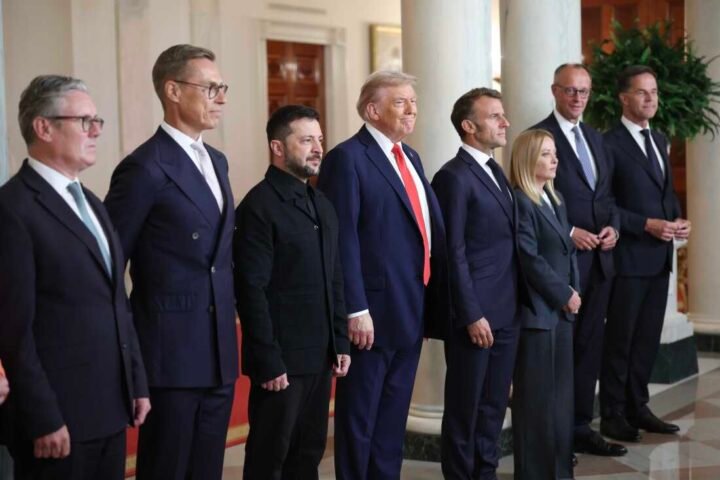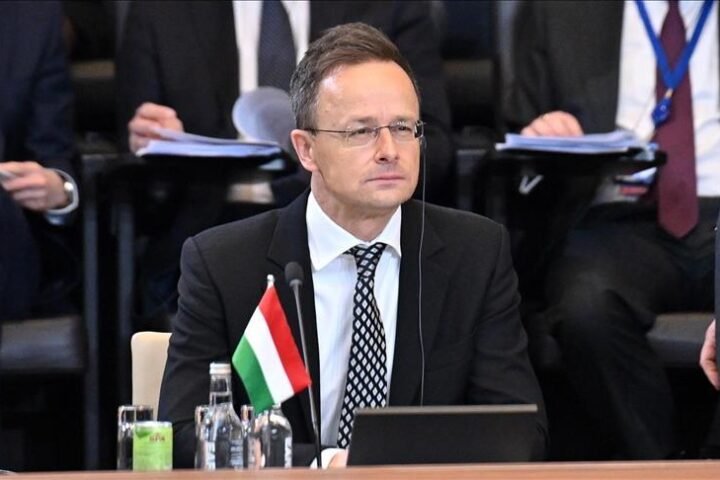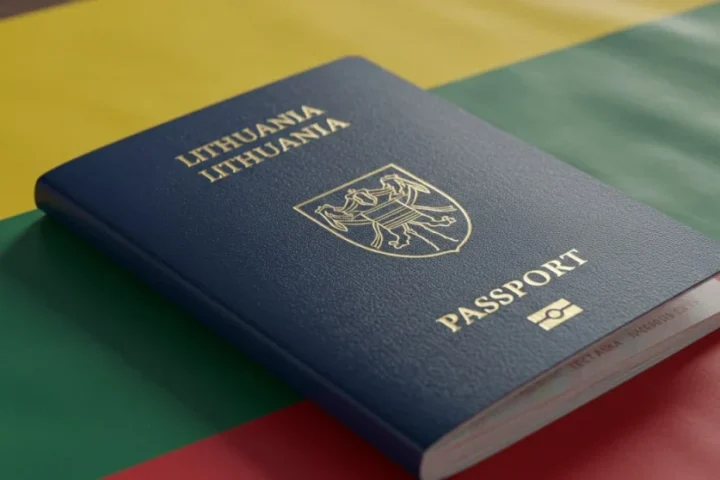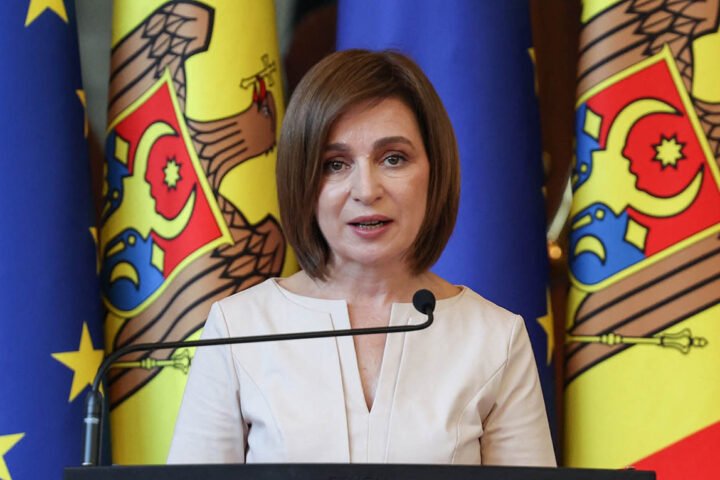Serbia is facing renewed pressure from the European Union after confirming plans to hold joint military exercises with China, signaling a deepening strategic partnership that Brussels sees as incompatible with the bloc’s foreign policy principles.
On July 16, a spokesperson for the European Commission publicly urged Belgrade to align with the EU’s common foreign and security policy, following China’s announcement of upcoming joint drills between Chinese and Serbian special forces. The exercise, named Peace Mission 2025, is set to take place in Hebei province in northern China in the second half of July.
The Commission reiterated that as an EU candidate country, Serbia is expected to refrain from actions and rhetoric that contradict the Union’s foreign policy stance. “The EU counts on Serbia as a reliable partner that shares common values and security goals,” the spokesperson said, adding that Brussels has repeatedly raised concerns about Belgrade’s growing alignment with both Beijing and Moscow.
China expands its Balkan footprint
The planned drills mark a significant shift in Sino-Serbian military cooperation, which until now had been largely limited to arms procurement. Serbia has in recent years purchased drones and air defense systems from China, but the joint training initiative represents a new level of engagement, with potential geopolitical reverberations across Europe.
The development comes amid broader efforts by China to establish a stronger foothold in Europe through selective partnerships, particularly under its Belt and Road Initiative. While many EU member states have pushed back against Chinese investments, citing strategic and security concerns, Beijing has shifted its focus toward receptive partners in Central and Southeastern Europe.
Economic leverage and strategic alignment
Hungary and Serbia have emerged as key entry points for Chinese influence in Europe. Bilateral ties between Belgrade and Beijing have flourished, symbolized by President Xi Jinping’s high-profile visit to Serbia in May 2024. That year, China surpassed Germany to become Serbia’s largest trading partner in terms of imports.
Chinese companies have poured billions of euros into Serbian and Hungarian infrastructure, including high-speed rail lines, bridges, and electric vehicle factories. Hungary has even been designated by Beijing as an “all-weather strategic partner for a new era,” reflecting its pivotal role in China’s European ambitions.
Military cooperation raises new concerns
Until now, China’s engagement in the Balkans has focused on economic and cultural diplomacy. The launch of military exercises with a European Union candidate country, however, marks a clear strategic escalation. Analysts see this as part of Beijing’s broader attempt to create a “semi-autonomous zone” in Europe—one less dependent on the EU or the United States and more open to Chinese influence.
China has also cultivated close ties with governments seen as more politically aligned with its worldview, using soft power tools such as diplomatic visits, student exchanges, and trade incentives to build long-term relationships. The risk, EU officials warn, is that this approach could erode the bloc’s internal cohesion if member states or aspirants begin to obstruct collective decisions on China-related policy.
With Serbia continuing to hedge between Brussels and Beijing, and with Hungary maintaining its deep strategic ties with China, EU leaders are increasingly wary of fragmented foreign policy lines within the continent.
Strategic crossroads for EU accession
The joint drills underscore a dilemma at the heart of the EU’s enlargement process: how to ensure political alignment and loyalty from candidate countries while they remain outside the Union’s binding institutional framework. The Commission’s warning to Serbia signals growing impatience within the EU over what it sees as double-dealing by accession hopefuls who seek the benefits of integration while maintaining strategic ties with rival powers.
As China continues to invest and expand its influence, Brussels is likely to face further challenges to its unity and credibility—particularly in regions where its geopolitical leverage remains limited and its offer of full membership still lies on a distant horizon.









